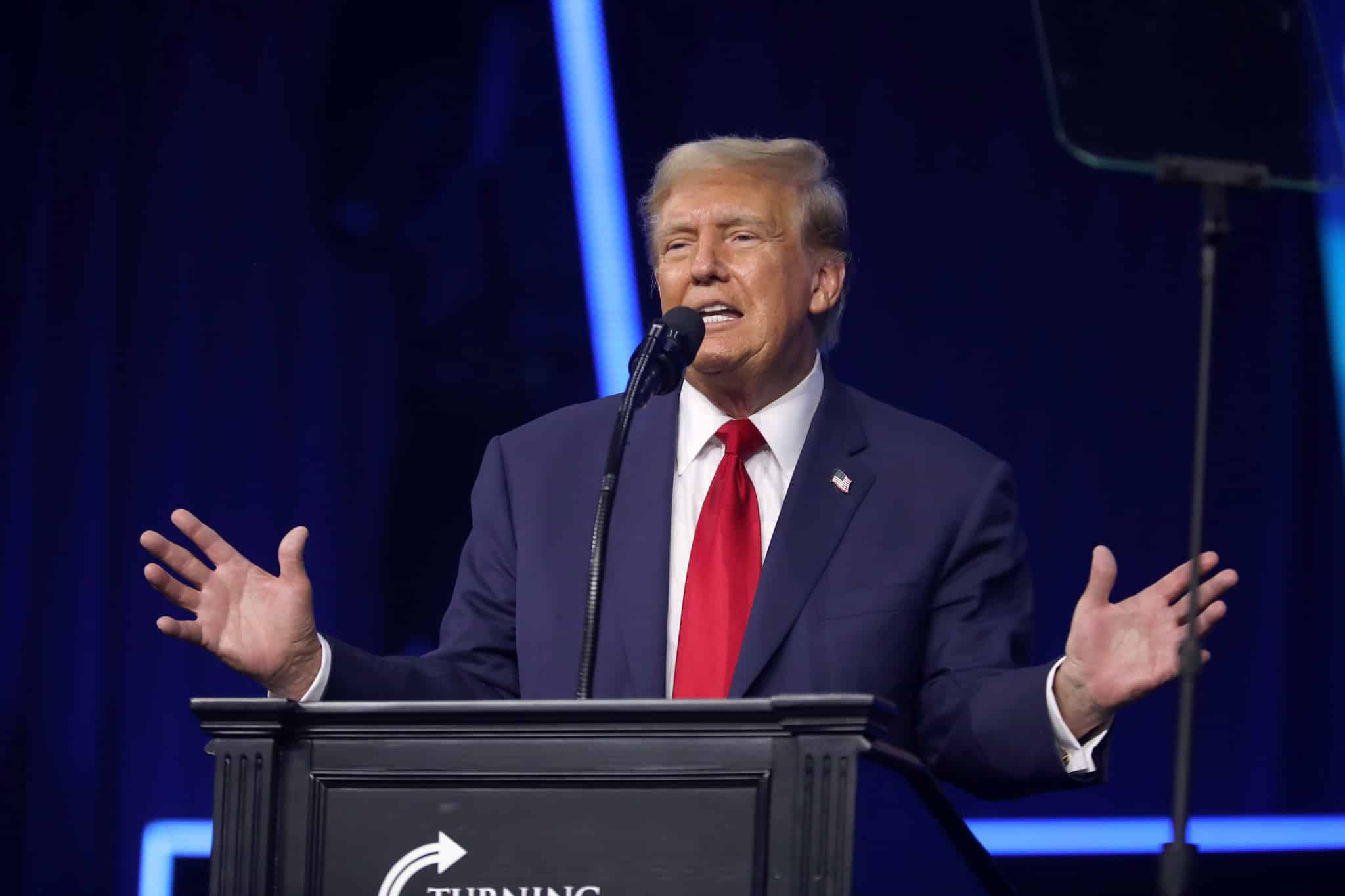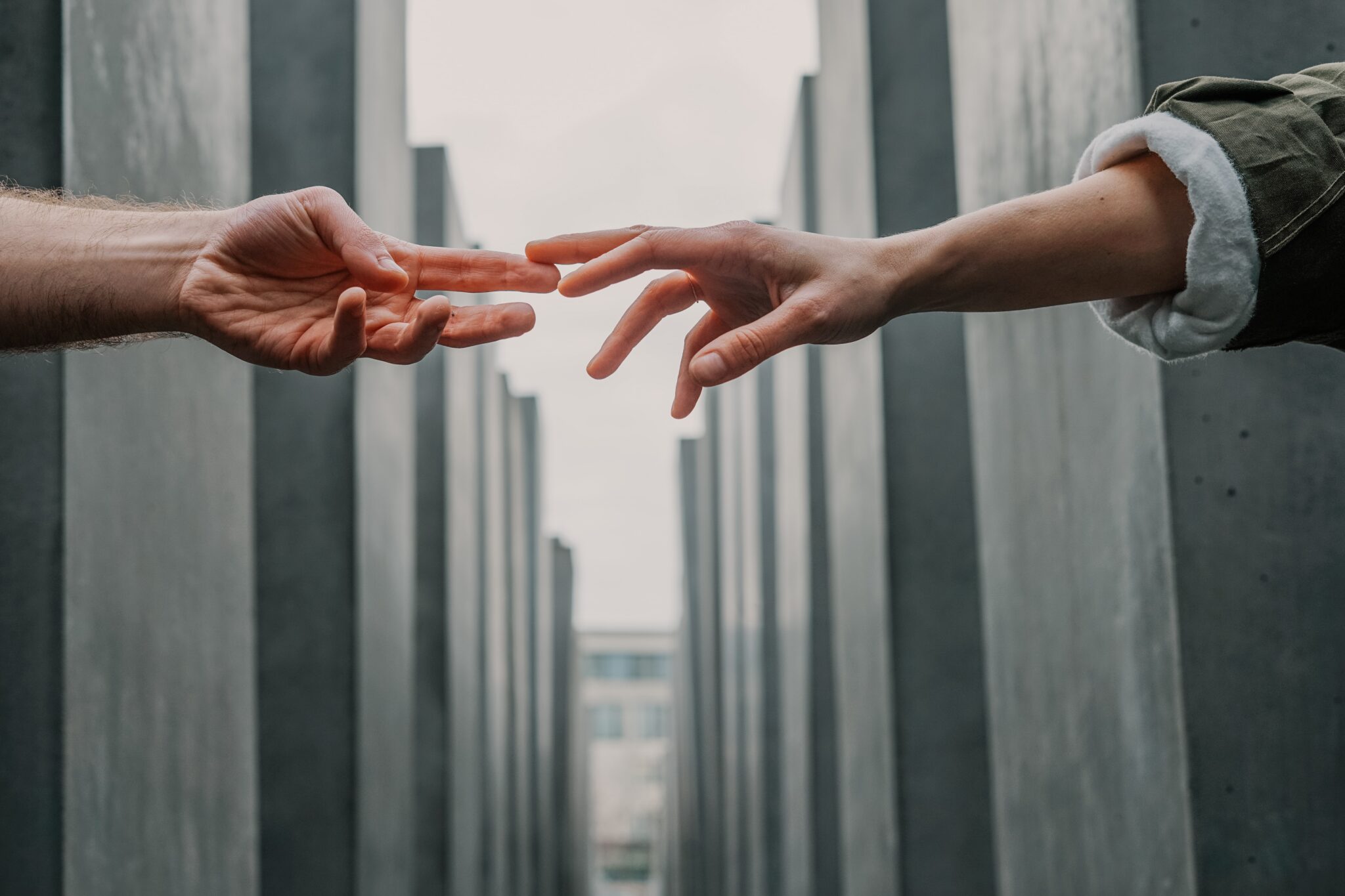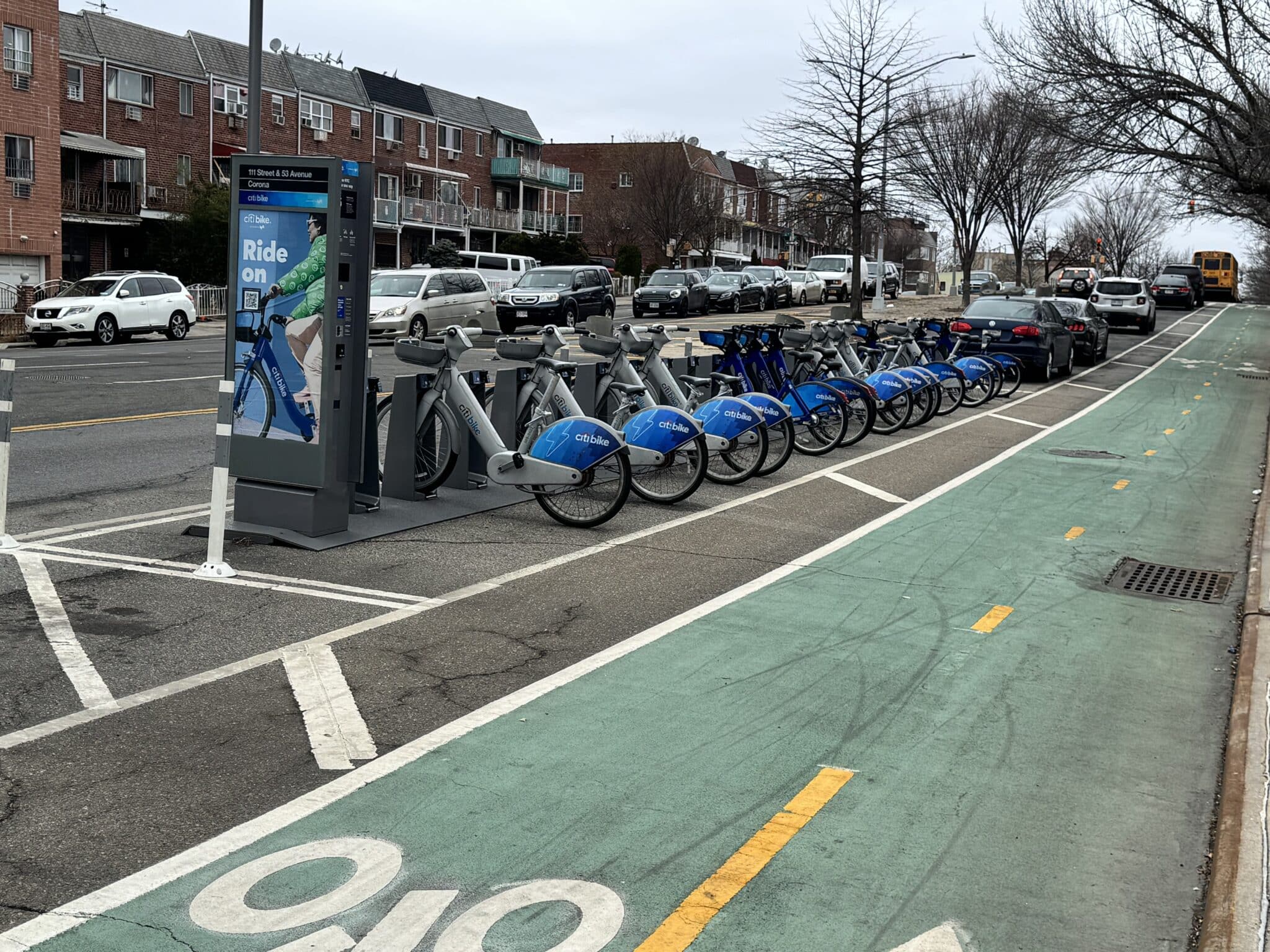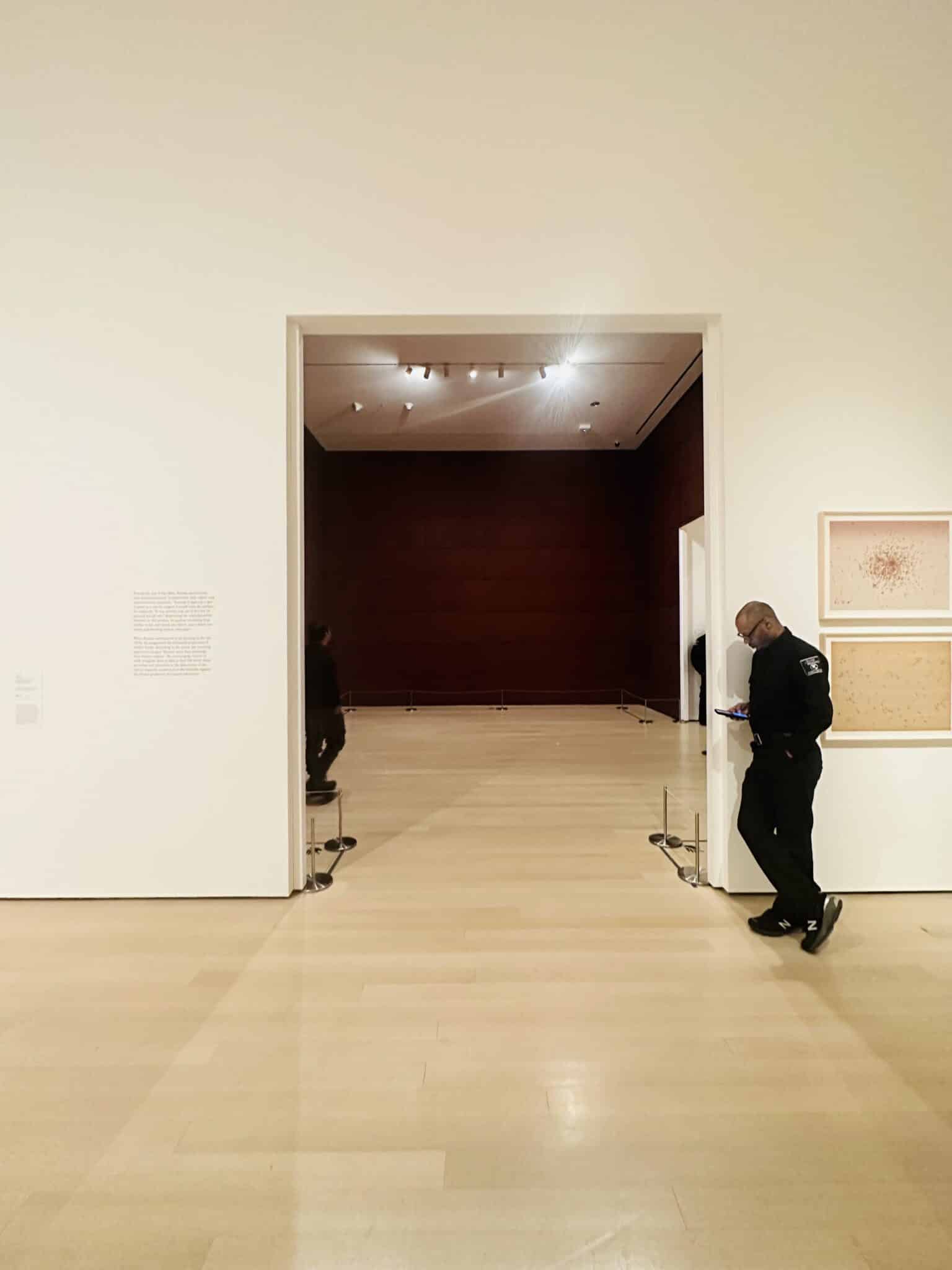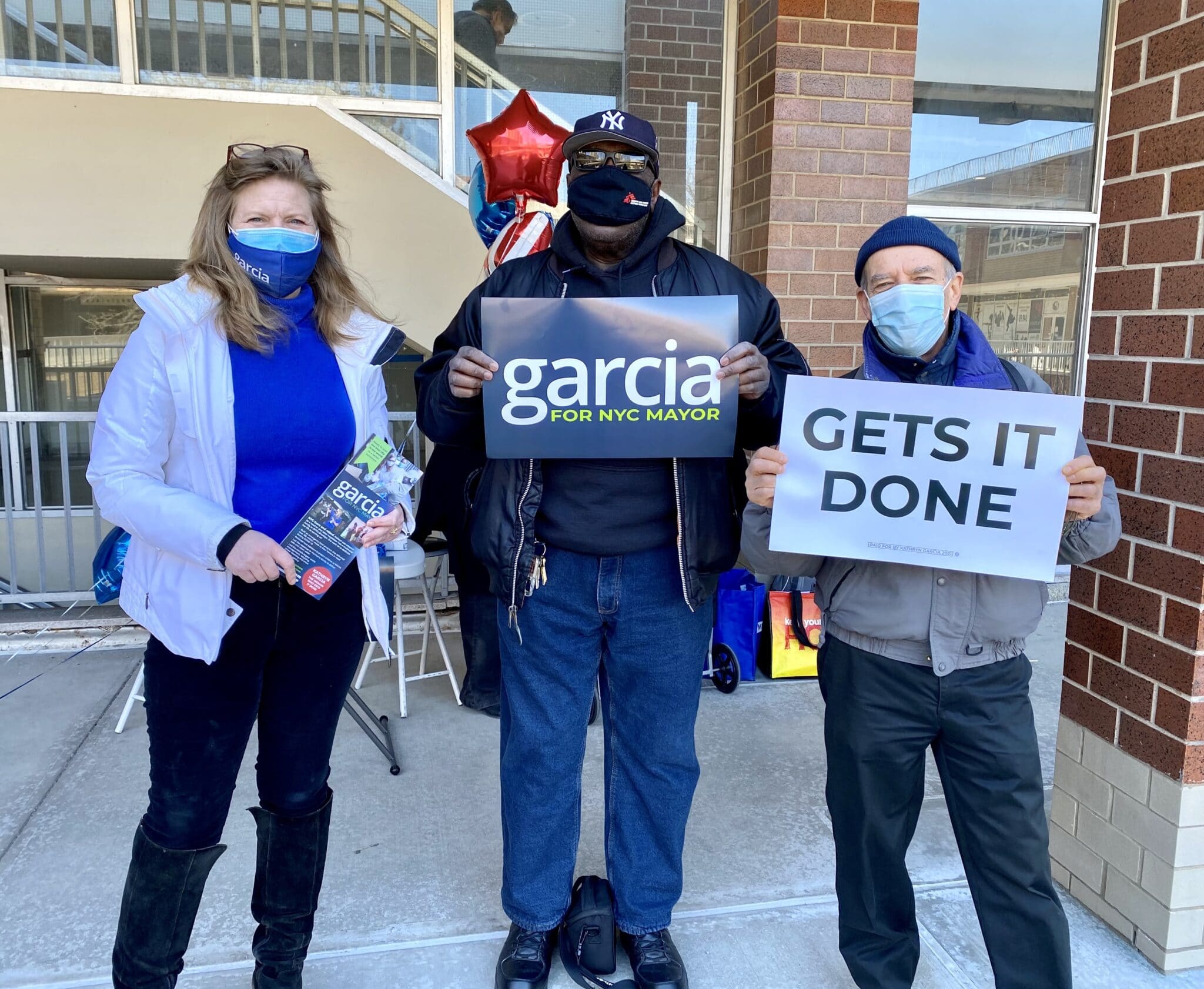President-elect Donald Trump speaking at the People's Convention at Huntington Place in Detroit, Michigan on June 15, 2024. Photo by Gage Skidmore, creative commons license, courtesy Flickr.com.
The 2024 U.S. presidential election is over, and Donald J. Trump will be returning to the White House after a close race against Vice President Kamala Harris. At the City University of New York (CUNY), students are processing the news in deeply personal ways. Their reactions reflect the country’s political divide, with emotions ranging from hope for the future to concerns about what lies ahead, all shaped by their individual backgrounds and life experiences.
For some students, Trump’s return sparks a sense of economic optimism. Jon Kelmendi, a sophomore, sees potential for financial growth ahead. “I was glad Trump won, mainly because the crypto market surged right after he became president,” he shared. “I’m hopeful it will keep climbing throughout his term.” His perspective echoes the hopes of others who believe Trump’s pro-business policies could drive economic expansion, despite ongoing concerns about market stability.
For some, Trump’s return brings a wave of uncertainty and fear. Advertising and Public Relations student Katelyn Polanco, described her reaction with deep concern. “Trump winning felt like a tragedy and a threat to the nation,” she shared. “Oddly enough, I felt almost numb when I woke up to the results because I’ve seen so much division in America that I’m sadly used to it.”
As a woman of color living in one of the poorest boroughs in New York City, Polanco knows first-hand how laws and policies can shape daily life. “I know exactly the amount of impact you feel when laws and regulations are against you,” she said. “When I saw the news, I felt guarded, scared, and started expecting the worst.”
Historically, young voters have had lower turnout rates compared to older demographics, a trend that persisted in 2024. While some young people are deeply engaged in activism and advocacy, others feel alienated by a political system they perceive as unresponsive to their needs. This divide is evident at CUNY, where students grapple with both hope and fear as the country prepares for Trump’s new term.
Some students, like Lina Lekaj, feel disconnected from politics. “Honestly, I didn’t vote because living in New York makes me feel like the outcome doesn’t impact me as much,” she said. “Plus, voting felt pointless since neither candidate seemed right for the job.” Her perspective reflects a growing frustration with the political system that fuels voter apathy among many young people today.
As Trump’s term approaches, the CUNY community mirrors the nation’s deep divisions. Some students are hopeful about economic opportunities, while others fear policies that could worsen social and economic inequalities. Amid these uncertainties, young voters’ perspectives reveal both personal stakes and the broader challenges the country faces in the years ahead. Still, for some, there’s a sense of cautious optimism. “We’ve been here before in 2016, and we were okay in the end,” Lekaj said. “I think things will be okay now too. Maybe all we need is to stay informed and get involved.”
Tags: Arita Musaj
Series: Community
